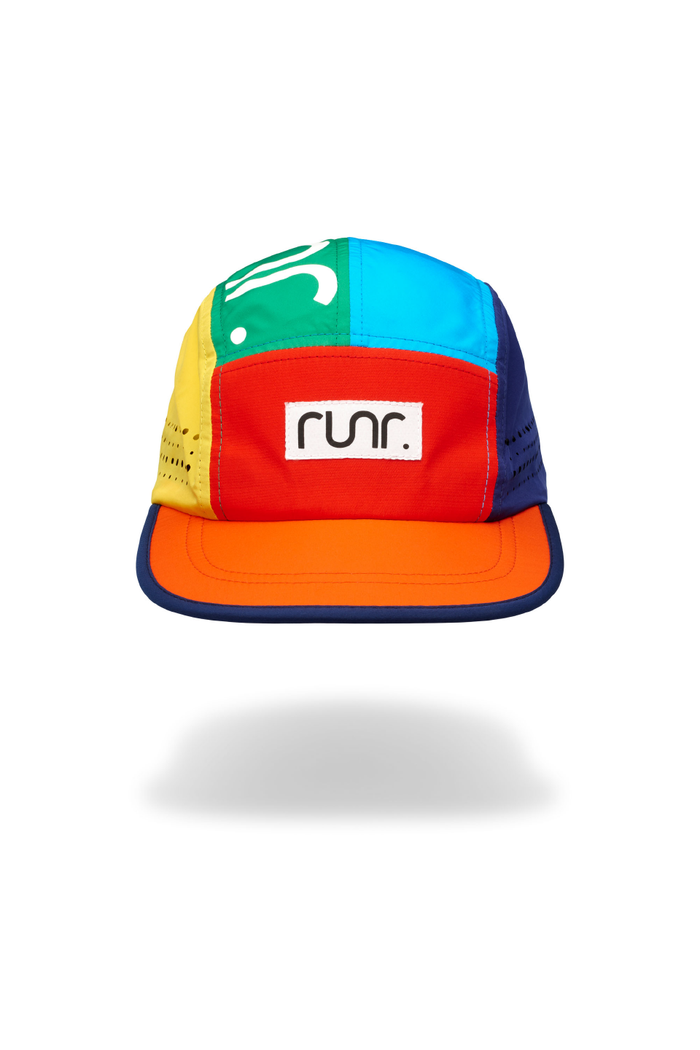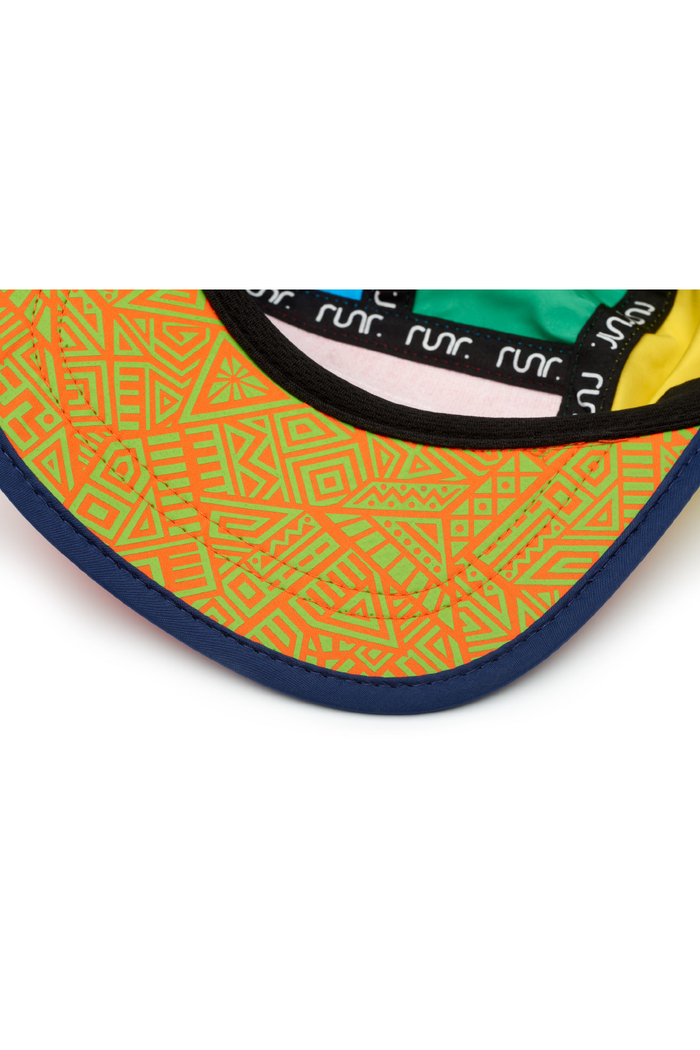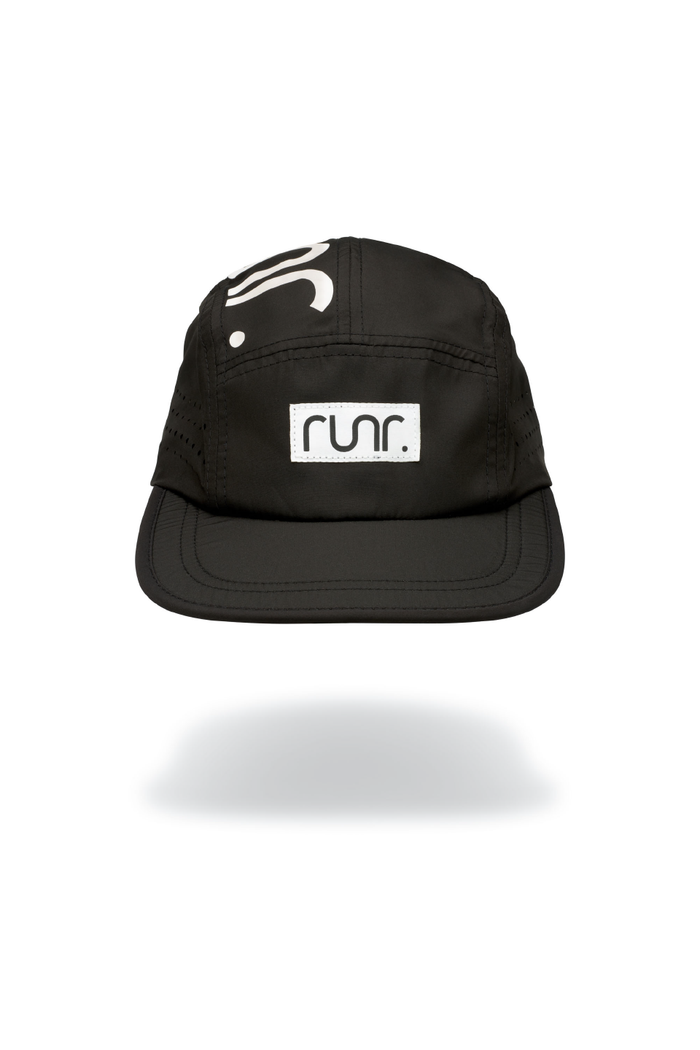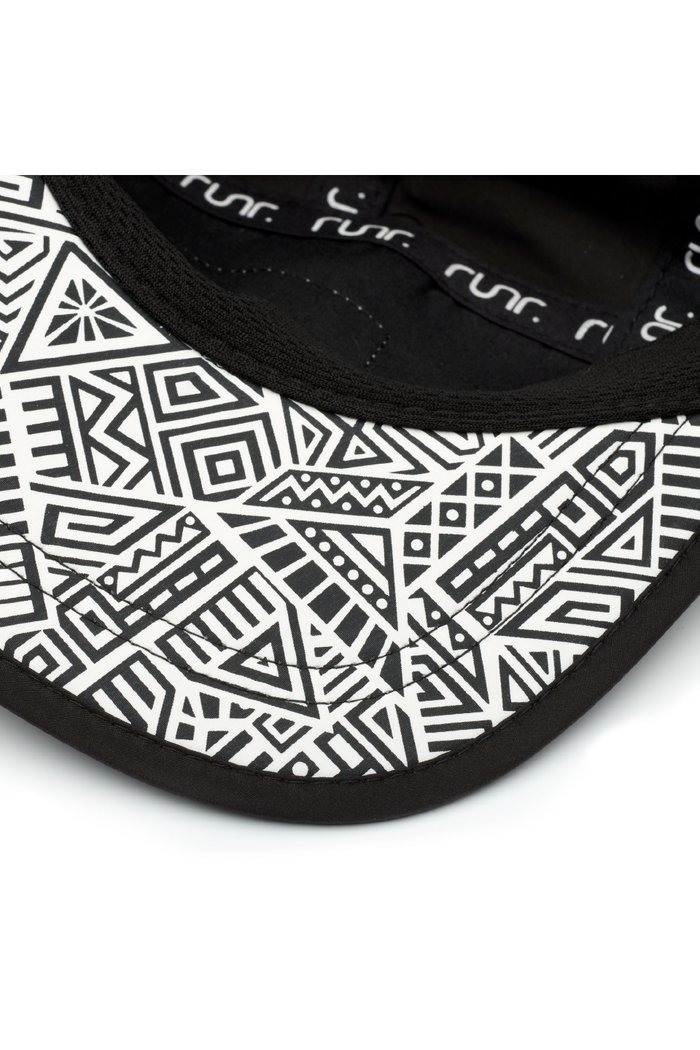In the first of three interviews, we talk to sports cook and founder of Go Faster Food, Kate Percy about fuelling your training naturally. Kate is passionate about the link between eating well and performing better and as we hit winter and prime marathon training months, here’s her advice for getting to know more about the energy your body needs on your long runs.
-------------------------
Fuelling those long weekend runs - what to eat before, during and after your long weekend runs are the perfect opportunity to practice your race nutrition. Use this time to figure out what works for you, so you can nail it on race day! Everybody’s different, but here’s a few generic tips I put together to get you started, with the help of our in-house Sports Nutritionist Sophie Heath …
Fuel up
For your long runs you’ll want to have a bit of fuel in the tank to keep you feeling energised. Carbohydrates and fats are the predominant sources of energy that you’ll use on your long runs, so focus on these pre-run. If you’re eating a couple of hours before, be sure to include some slower-releasing carbohydrates. As the name suggests the carbohydrate (energy) in these foods releases gradually into the bloodstream, so it helps to ensure your energy levels are consistently topped up over the duration of your run (or for the first part of it, depending on how long you run!). Examples of slower-releasing carbohydrates include oats and wholegrain bread.
“Personally, I tend to have a mixture of slow and fast releasing carbs and some fats before my long runs – my “go to” breakfast is porridge made with semi-skimmed milk, topped with a seed mix, half a sliced banana and a couple of teaspoons of honey” - Sophie Heath, Nutritionist Go Faster Food

Make sure whatever you eat you can keep down! Aim to have your bigger meal (normally breakfast for most) two to three hours before your run so you have time to digest it.
Keeping you going
Whether or not you need fuel during your longer runs depends on the duration. “If you have fuelled well beforehand (with an energy-giving breakfast for example) and you are running less than an hour, you could probably run without the need for re-fuelling” advises Sophie. “However, if you are running over an hour, or are low on energy to start with, it might be worth taking a snack with you to help fuel your run”. As mentioned before carbohydrates and fats will be the main sources of energy you’ll be using, so focus on these in your snack. Dried fruit (like dates or raisins) is a great mid-run snack as it has a concentrated amount of sugar for energy, or why not make some homemade energy balls? Try this Chia Seed & Apricot energy ball recipe – packed with natural sugars to revitalise the body with a quick nutrient-rich energy kick. Or of course you can buy my ready-made Go Bites in grabbable packs of three at www.go-bites.com.

Recovery food
After your run your focus should be about recovery, getting your body back to peak condition ready for the next training session. In terms of nutrition Sophie Heath advises to focus on replenishing your energy through high quality carbohydrates (like wholegrain rice, sweet potato or starchy vegetables), and healthy fats (like avocado, nuts & seeds or olives). Focus on protein for your muscle recovery – so including some fish, dairy, poultry or meat would be great additions to your meal. Lastly, plenty of fruit & veg is vital as these are great for their antioxidant and anti-inflammatory properties to help with recovery. All in all, a balance is key! I like to do my long runs on a Sunday morning, so for me roast chicken with plenty of veg and some roast potatoes is ideal!
Getting to know you
You want to use your runs to understand your own energy levels - everyone is different, but everyone has the same desire - to avoid hitting 'the wall'. Signs include a general feeling of laboured running and fatigue, maybe even slightly numb legs. Basically, it will feel like you're unable to put one foot in front of the other. You want to avoid this at all costs. During your training runs if this happens to you be sure to take note of the situation - for example what you had to eat that day and when, what fuel you had on the run and when, and the distance / time / intensity at which it happened on your run - learning each time you go out what works best for you. You want to refuel quickly if this happens, so go for quick released sugars in this instance - I like to carry some jelly sweets in case of such an emergency! In future, be sure to include an extra snack in your mid-run refuel plan.
Good luck with the training! Kate x

Massive thanks to Kate for sharing her insights into fuelling those long runs and we hope you found it useful!
For further information go to www.gofasterfood.com
You can also follow Kate at:
Twitter: @gofasterfood
Facebook: @gofasterfood
Instagram: @gofasterfood
Happy running!
Team runr.












